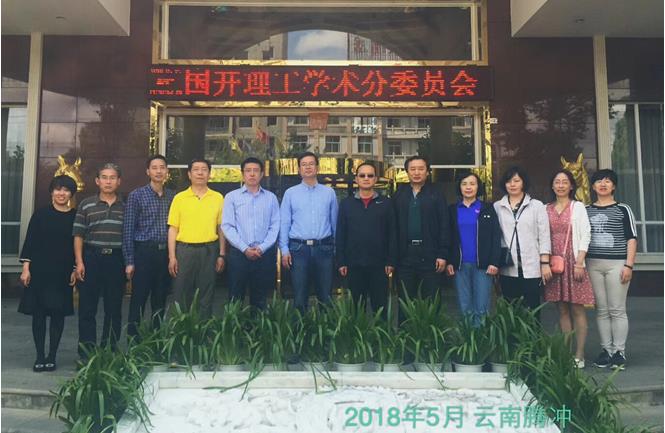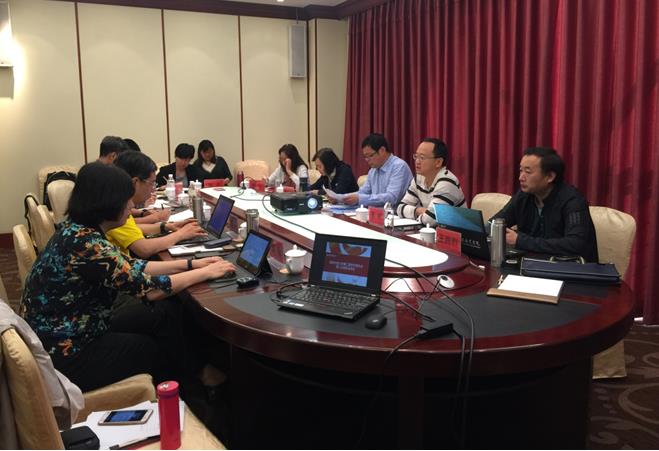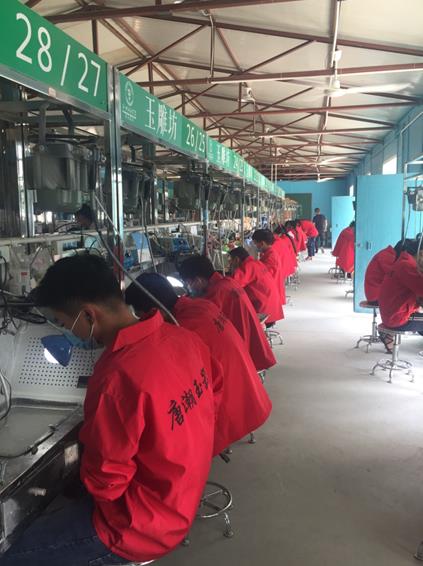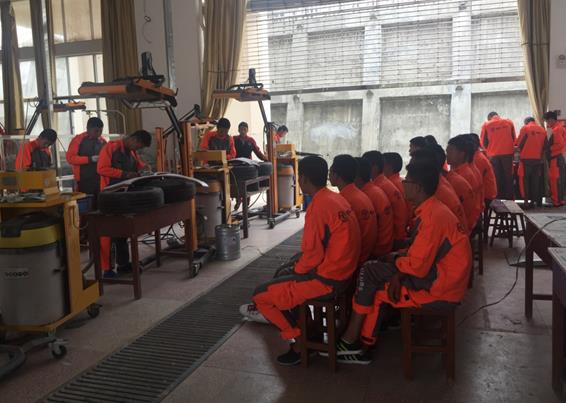 From 15-16th May 2018, the Second Session of the Science and Engineering Sub-Committee of the OUC Academic Committee held its first 2018 conference in Tengchong, Yunnan Province.
From 15-16th May 2018, the Second Session of the Science and Engineering Sub-Committee of the OUC Academic Committee held its first 2018 conference in Tengchong, Yunnan Province.
Nine committee members attended the meeting on-site, with another five committee members participating in the conference online. Staff from the Committee secretariat and leaders of science and engineering at the OUC also attended the conference.


The 2018 working programme was disseminated at the conference and the subject of “promoting development with connotation construction” was proposed for the implementation of sub-committee work. Yuan Wei, deputy director of the OUC Faculty of Science and Engineering, gave a report on the construction and development of science and engineering disciplines and majors. Committee members discussed the development of science and engineering majors, educational reform, and practical teaching.
Luo Ji, deputy director of the Science and Engineering Sub-Committee and vice president of Yunnan Open University, taking the Open College of Tengchong as an example, gave a detailed introduction to the three main features and six basic elements of the pilot programme of converging the secondary vocational school and higher vocational school of Yunnan Open University, and the highlights and features of the “dual model” of the integration of learner development at Yunnan Open University. Wang Fanzhen, deputy director of the OUC Academic Committee, director of the Science and Engineering Sub-Committee, and vice president of Tianjin Open University, introduced practical cases of running the school with enterprises, and the exploration of running the school by integrating degree education and non-degree education.
Wang Fanzhen proposed that the working task of the Science and Engineering Sub-Committee in 2018 should focus on six aspects. Firstly, the codes and standards of sharing majors and courses during the construction of the OUC Community. Secondly, the establishment of new engineering programmes that will be needed by society in the future. Thirdly, the scientific features of the formulation of the learner development programme for engineering majors. Fourthly, the applicability of the construction of learning resources, and system co-construction and sharing. Fifthly, the long-term mechanism of the organisation of the teaching team and the implementation of the teaching process. Sixthly, the comprehensive assessment of the school-running quality of engineering majors.
During the conference, the attendees conducted field research at the training base of First Vocational High School in Tengchong (Open College of Tengchong, Yunnan Open University) which is a model for the reform of national secondary vocational schools. They visited training rooms for majors including jade processing, digital media, e-commerce, modern agriculture, gardening, electromechanical production, vehicle maintenance and repair, and cooking. They looked into a cooperative way of running the school with enterprises and inspected the pilot programme of bridging the secondary vocational school and higher vocational school with Yunnan Open University.
The conference was hosted by Wang Fanzhen and Wang Zhuo, deputy director of OUC Academic Committee.

Practical training workshop of jade carving

The practical training workshop of vehicle repairing
Written by Wang Zhuo, Photo by Wang Qian, Cui Lin, OUC